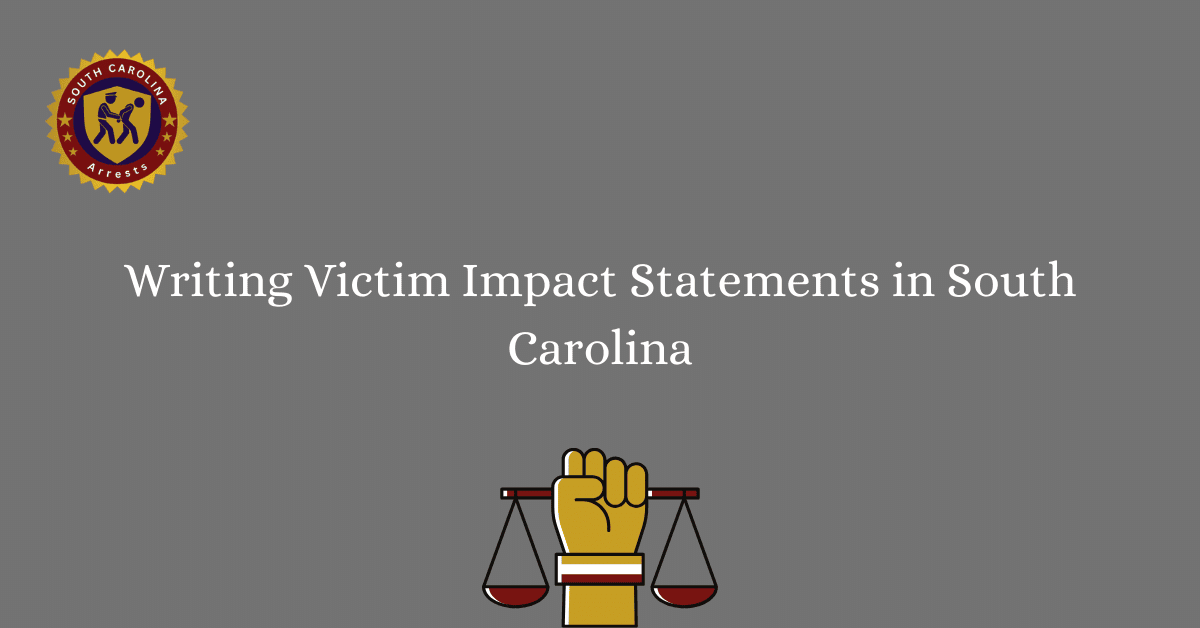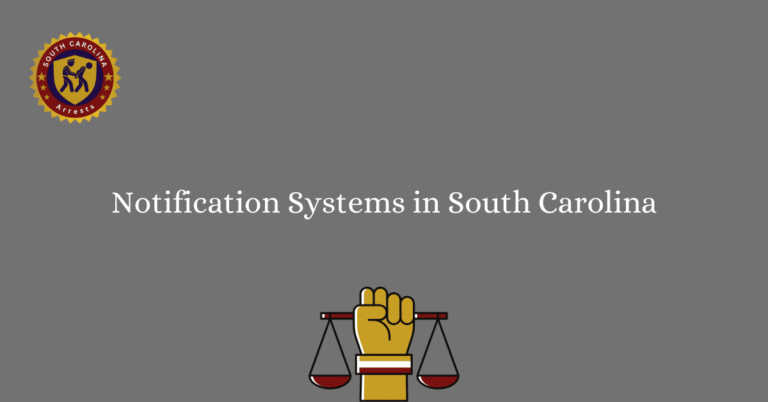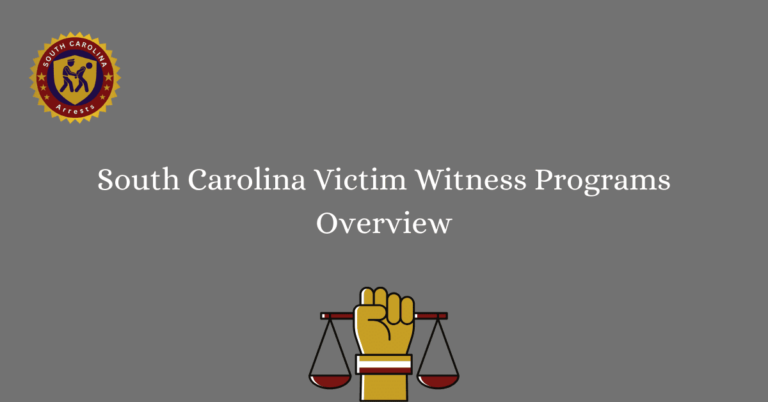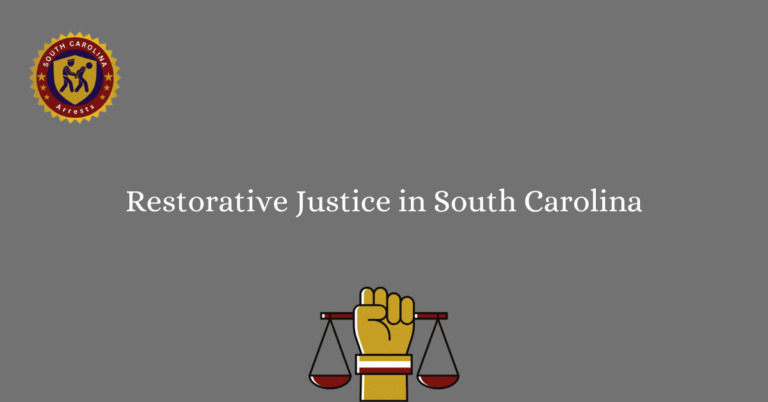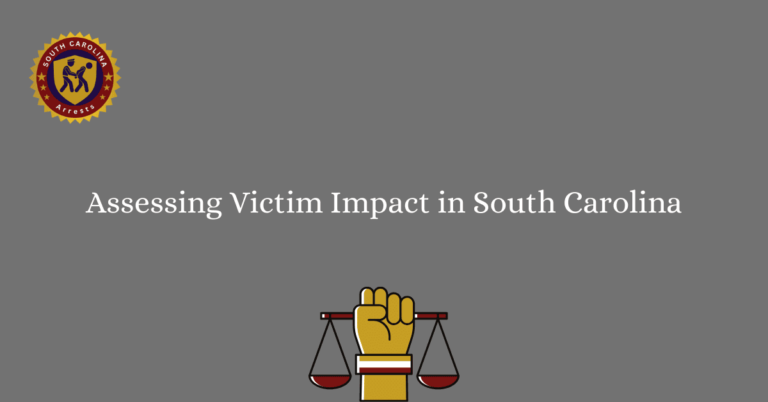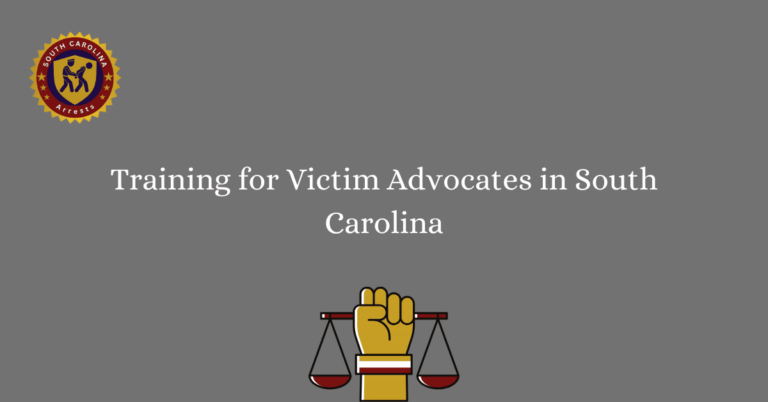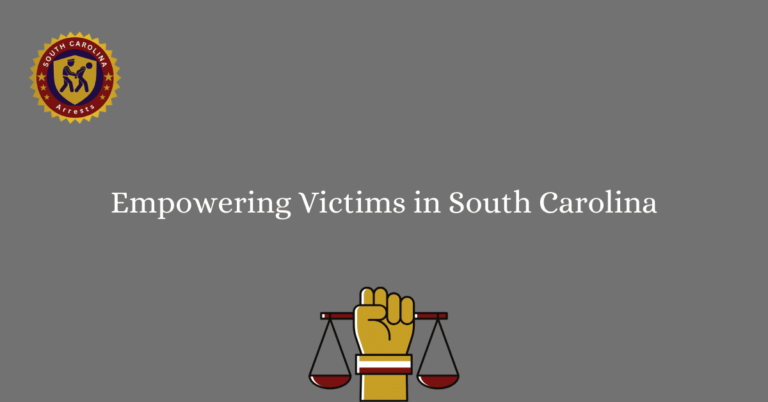Writing Victim Impact Statements in South Carolina
Victim impact statements play a crucial role in the criminal justice system, offering individuals affected by a crime the opportunity to express the emotional, physical, and financial impact of the offense. In South Carolina, the process of writing victim impact statements is significant in providing a voice to those who have suffered harm due to criminal actions. These statements serve as a powerful tool for judges and juries to better understand the personal repercussions of a crime on the victim and their loved ones.
By outlining the specific ways in which a crime has affected them, victims can convey the lasting trauma and hardships they have endured. Victim impact statements in South Carolina aim to humanize the consequences of criminal behavior, shedding light on the real-life implications beyond mere legal proceedings. Through these statements, individuals can share their experiences and advocate for justice and accountability in a compelling and personal manner.
Importance of Victim Impact Statements in SC
Victim impact statements play a crucial role in the South Carolina criminal justice system, providing valuable insights for judges during sentencing. These statements allow victims to express the emotional, physical, and financial impact of the crime on their lives, helping judges make more informed decisions.
Insights for Judges
Victim impact statements offer judges a unique perspective on the consequences of criminal actions, helping them understand the full extent of the harm caused. By considering these insights, judges can tailor sentences to fit the specific circumstances of each case, promoting fairness and accountability.
Humanizing the Justice Process
Victim impact statements humanize the often impersonal justice process by giving victims a voice in court proceedings. This allows victims to share their experiences, vulnerabilities, and struggles, ensuring that their stories are heard and acknowledged by the court.
Promoting Accountability and Empathy
By highlighting the real-life repercussions of criminal actions, victim impact statements promote accountability among offenders. These statements also foster empathy among all parties involved in the justice process, encouraging a more compassionate approach to sentencing.
Emotional Impact of Crime
Victim impact statements provide a platform for victims to express the emotional toll of the crime, including feelings of fear, anger, and trauma. By articulating these emotions, victims can seek closure and healing, while also helping judges understand the psychological impact of the crime.
Physical Impact of Crime
Victim impact statements detail the physical injuries and health consequences resulting from the crime, shedding light on the immediate and long-term effects on victims’ well-being. Judges can use this information to assess the severity of the offense and determine appropriate sentencing.
Financial Impact of Crime
Victim impact statements outline the financial losses incurred as a result of the crime, including medical expenses, property damage, and lost income. By quantifying these costs, victims can seek restitution and financial compensation, ensuring that offenders are held accountable for their actions.
Victims’ Experiences and Vulnerabilities
Victim impact statements provide a platform for victims to share their unique experiences and vulnerabilities, including the impact on their families, relationships, and daily lives. Judges can consider these factors when determining the appropriate response to the crime, taking into account the broader implications for the victim’s well-being.
Real-life Repercussions of Criminal Actions
Victim impact statements underscore the real-life repercussions of criminal actions, illustrating the ripple effect on victims, their families, and the community at large. By highlighting these consequences, judges can make more informed decisions that reflect the full scope of the harm caused by the crime.
Frequently Asked Questions
Here is a collection of frequently asked questions related to Writing Victim Impact Statements in SC, designed to provide you with comprehensive information on this topic.
What is a Victim Impact Statement?
A Victim Impact Statement is a written or oral statement made by a crime victim, detailing the emotional, physical, and financial effects of a crime on their life. In South Carolina, these statements are often used during the sentencing phase of a criminal trial to inform the court of the impact of the crime.
Who can write a Victim Impact Statement in SC?
In South Carolina, any victim of a crime, or their representative, can write a Victim Impact Statement. This includes the victim themselves, family members, or other individuals affected by the crime.
What should be included in a Victim Impact Statement?
A Victim Impact Statement should include details about the emotional, physical, and financial impact of the crime on the victim and their family. It should also express any feelings of fear, anger, or loss resulting from the crime.
How should a Victim Impact Statement be formatted in SC?
In South Carolina, a Victim Impact Statement should be written in a clear and concise manner, with specific details about the impact of the crime. It should be submitted to the court in writing before the sentencing phase of a criminal trial.
Can a Victim Impact Statement be used in court?
Yes, Victim Impact Statements are often used in court during the sentencing phase of a criminal trial in South Carolina. They provide the court with important information about the impact of the crime on the victim and their family, helping to inform the sentencing decision.
Are Victim Impact Statements confidential in SC?
In South Carolina, Victim Impact Statements are considered confidential court records and are not typically made public. However, they are shared with the court, the defendant, and their legal counsel as part of the sentencing process.

